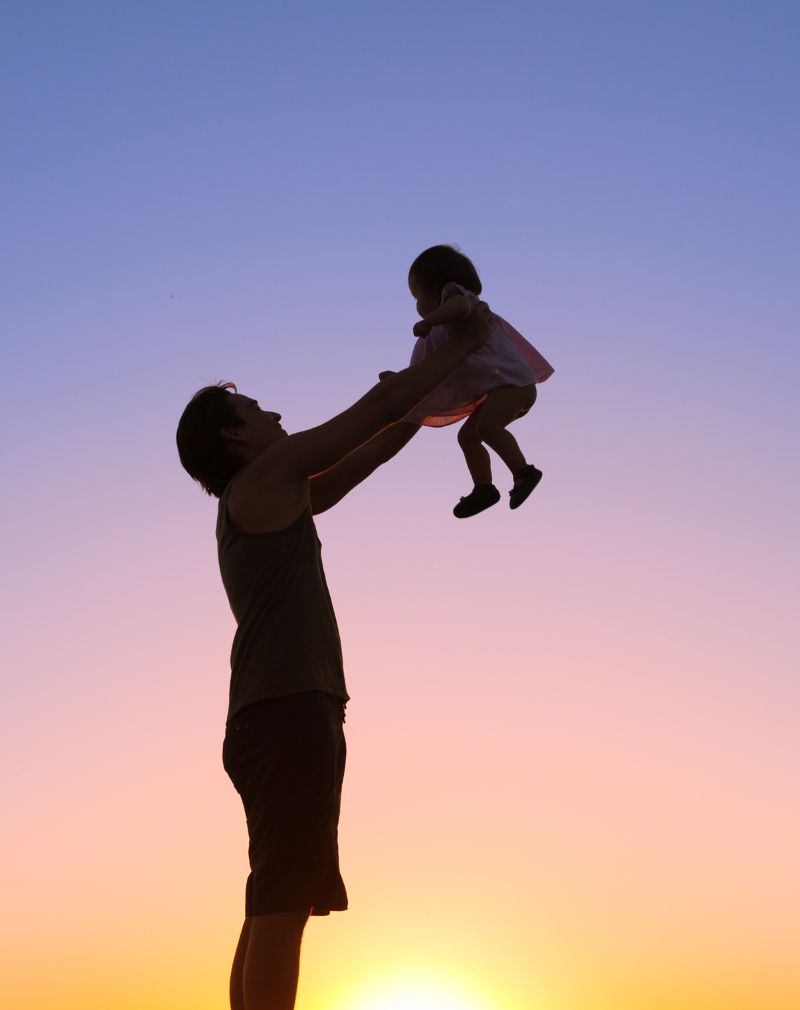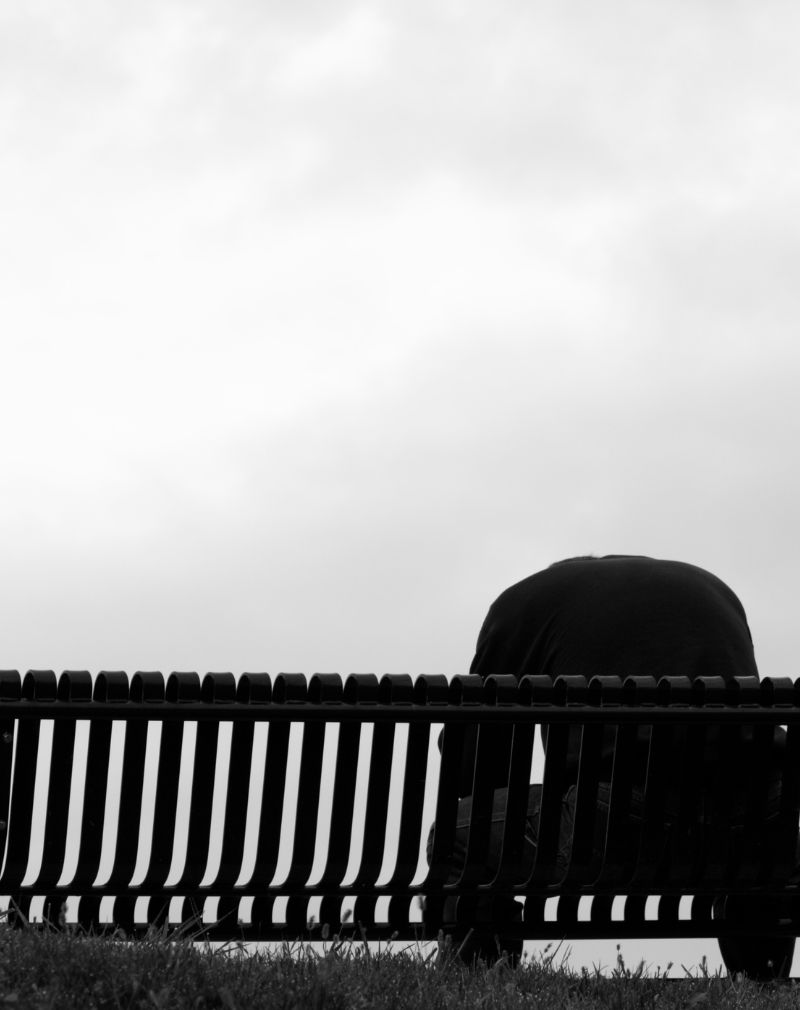More than half of parents admit it: they end most days feeling drained, guilty, or short-tempered. Not because they don’t love their children, but because they’re running on fumes. The stress slips out in tone, in silence, in moments they wish they could take back.
That daily exhaustion doesn’t just live in parents. Children feel it too. They read it in our faces, in our pace, in the way we rush through conversations that should matter.
Mindfulness isn’t a buzzword. It’s the simple act of being present, right where you are, without judgment or distraction. It’s noticing your breath before your voice rises. It’s catching the small moments before they turn into big regrets.
Children don’t need perfect parents. They need calm ones. And calm doesn’t come from control. It comes from awareness.
At The Psychology Department of The American Wellness Center in Dubai Healthcare City, we see what happens when families learn to slow down and pay attention. Stress softens. Conversations deepen. The house feels different, not quieter, just safer.
This is where mindful parenting begins. Not in theory, but in the real, messy moments that make up a family’s life.
Why Family Mental Health Matters More Than Ever
Life moves fast. Parents juggle work, school runs, endless screens, and the quiet guilt of never being fully present.
It’s not just busyness. It’s emotional overload disguised as productivity.
In the UAE, one in five parents shows signs of anxiety or depression tied to parenting stress. That’s not rare. That’s everyday life behind closed doors.
Children feel this long before they understand it. Their sleep shifts. Their patience shortens. Their moods echo ours, even when no one’s talking.
The home changes tone. Not from intention, but from exhaustion that’s gone unnoticed too long.
Here’s what we see again and again:
- A child’s anxiety often begins in a parent’s overwhelm.
- Most family arguments aren’t about one moment, they’re about weeks of unspoken tension.
- Calm isn’t inherited. It’s modeled.
At The American Wellness Center in Dubai Healthcare City, we help parents see this link clearly. When adults steady themselves, children learn calm by watching, not by being told.
What Mindful Parenting Actually Means
Mindful parenting isn’t about perfection. It’s about presence.
It means noticing what’s happening inside you before reacting to what’s happening around you.
Three simple ideas form the foundation:
- Awareness: catching emotions before they drive your response.
- Acceptance: letting feelings exist without labeling them as “good” or “bad.”
- Intentional response: choosing your reaction instead of falling into it.
Over time, mindfulness reshapes the brain. The amygdala i.e. the stress alarm quiets. The prefrontal cortex strengthens, improving patience, empathy, and clarity.
At AWC, psychologists teach parents to practice this in real life: in the car, during homework, at bedtime. It’s not about meditation mats. It’s about catching yourself mid-frustration and choosing softness instead of speed.
- Your child learns more from your tone than your advice.
- A pause can calm a storm faster than punishment.
- Awareness doesn’t erase stress; it helps you carry it better.
The Science Behind Mindful Parenting and Mental Health
This isn’t theory. It’s what the data shows.
Families who practice mindfulness together experience up to 40% less burnout. MRI studies reveal stronger brain networks for emotional control and empathy.
Conflicts drop. Focus improves. Homes feel lighter; not because life gets easier, but because reactions shift.
Mindfulness lowers cortisol, the body’s main stress hormone. Sleep deepens. Patience returns. Energy follows.
At The Psychology Department of The American Wellness Center, we see this transformation daily. Parents who once felt reactive begin responding with calm that spreads through the entire family.
Simple Mindfulness Practices for Everyday Family Life
Mindfulness doesn’t belong only in quiet rooms or long meditations. It fits in real homes, with noise, schedules, and school bags on the floor.
Start small. Start where life happens.
- The 3-Second Pause: Before you react, stop for one breath. Notice your shoulders, your jaw, your heartbeat. That pause interrupts the spiral before it starts.
- Mindful Listening: Put your phone down. Look your child in the eye. Reflect back what you heard, even if it’s messy. It’s not about fixing, it’s about hearing.
- Family Check-Ins: Each night, share one “high” and one “low” moment from the day. No lectures. Just listening. You’ll be surprised what children say when they feel safe enough to speak.
- Bedtime Breathing: Three slow breaths together before lights out. It settles their nervous system and yours. Over time, they’ll learn that calm feels like connection.
At The American Wellness Center in Dubai Healthcare City, our family therapists design these exercises to fit every child’s age and temperament. Because what soothes a toddler isn’t what grounds a teen.
How Mindfulness Strengthens the Parent-Child Relationship
Mindfulness changes the tone of parenting from control to connection.
When you’re present, your child feels seen. That’s how trust builds; the kind psychologists call secure attachment, where children know they’re safe, even when life gets hard.
Parents who practice mindfulness often notice quiet shifts:
- Fewer power struggles and emotional blowups
- More cooperation and affection
- A patience they didn’t think they had left
Conflict doesn’t disappear. It just softens. Arguments become conversations instead of battles. Moments of tension become lessons instead of regrets.
At AWC, we teach parents to pair mindfulness with emotional intelligence. It’s not about changing who you are, it’s about changing how you show up when things get hard.
- You can’t calm a child from chaos if you’re standing in your own.
- Listening is more powerful than explaining.
- Every pause you take teaches your child one thing: safety lives here.
Overcoming Common Challenges
Most parents say the same thing: I don’t have time for this.
The truth is, you don’t need much. Ten minutes of awareness spread through the day can lower stress levels by nearly a third. It’s less about time and more about attention.
Start where you already are: during breakfast, school drop-offs, traffic lights, bedtime. The practice isn’t leaving your life; it’s living inside it.
If the stress still feels heavy, therapy helps. At The Psychology Department of The American Wellness Center, mindfulness is one tool among many. It complements counseling, it doesn’t replace it.
Mindfulness doesn’t ask you to be perfect. It asks you to be here. And that’s where healing begins.
Where Calm Begins Again
Parenting was never meant to be easy. But it was never meant to feel this heavy either.
So many families live on edge; holding their breath, waiting for the next argument, the next silent dinner, the next night spent wide awake with worry. It doesn’t have to stay that way.
Mindful parenting isn’t about fixing everything. It’s about finding peace in the small spaces that still exist between the noise. It’s about one breath, one moment, one quiet choice that begins to change everything that follows.
The Psychology Department at The American Wellness Center in Dubai Healthcare City has seen what happens when families take that first step. The shouting softens. The guilt fades. The connection returns, not as a miracle, but as a habit rebuilt slowly, with care.
If parenting has started to feel like survival instead of love, it’s time to reach for help that understands both the science and the struggle.
If you’ve read this far, you already know it’s time. Let The American Wellness Center in Dubai Healthcare City walk that next step with you. Reach out to us Today!



